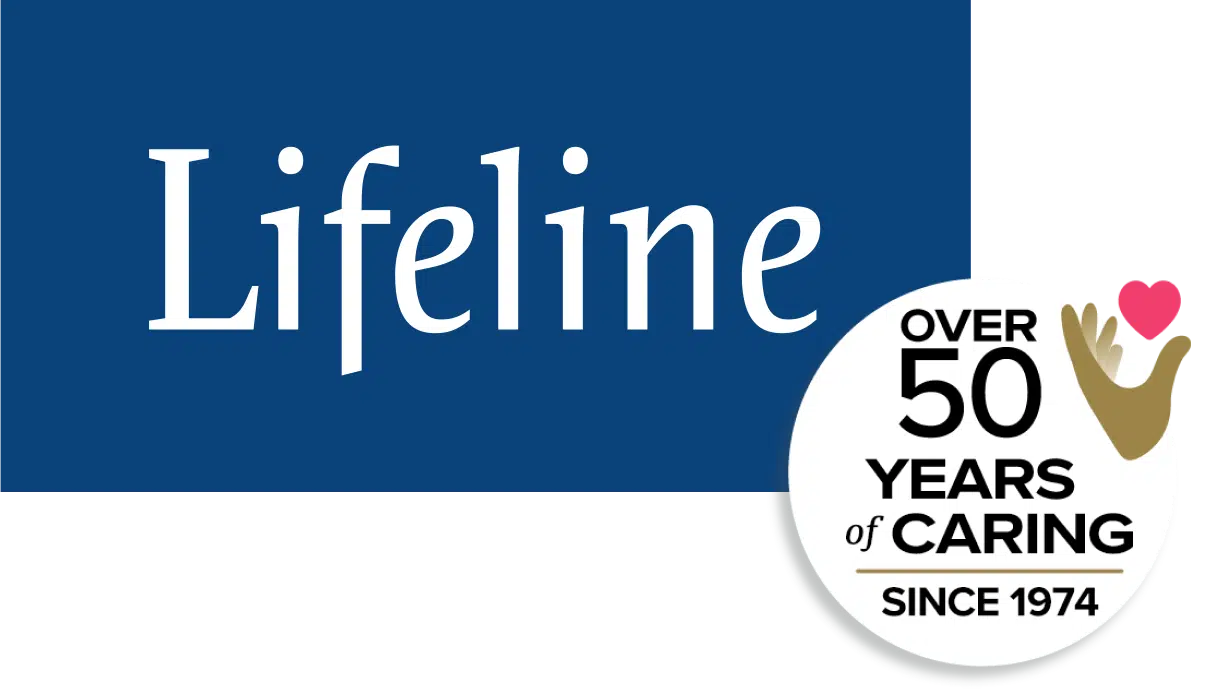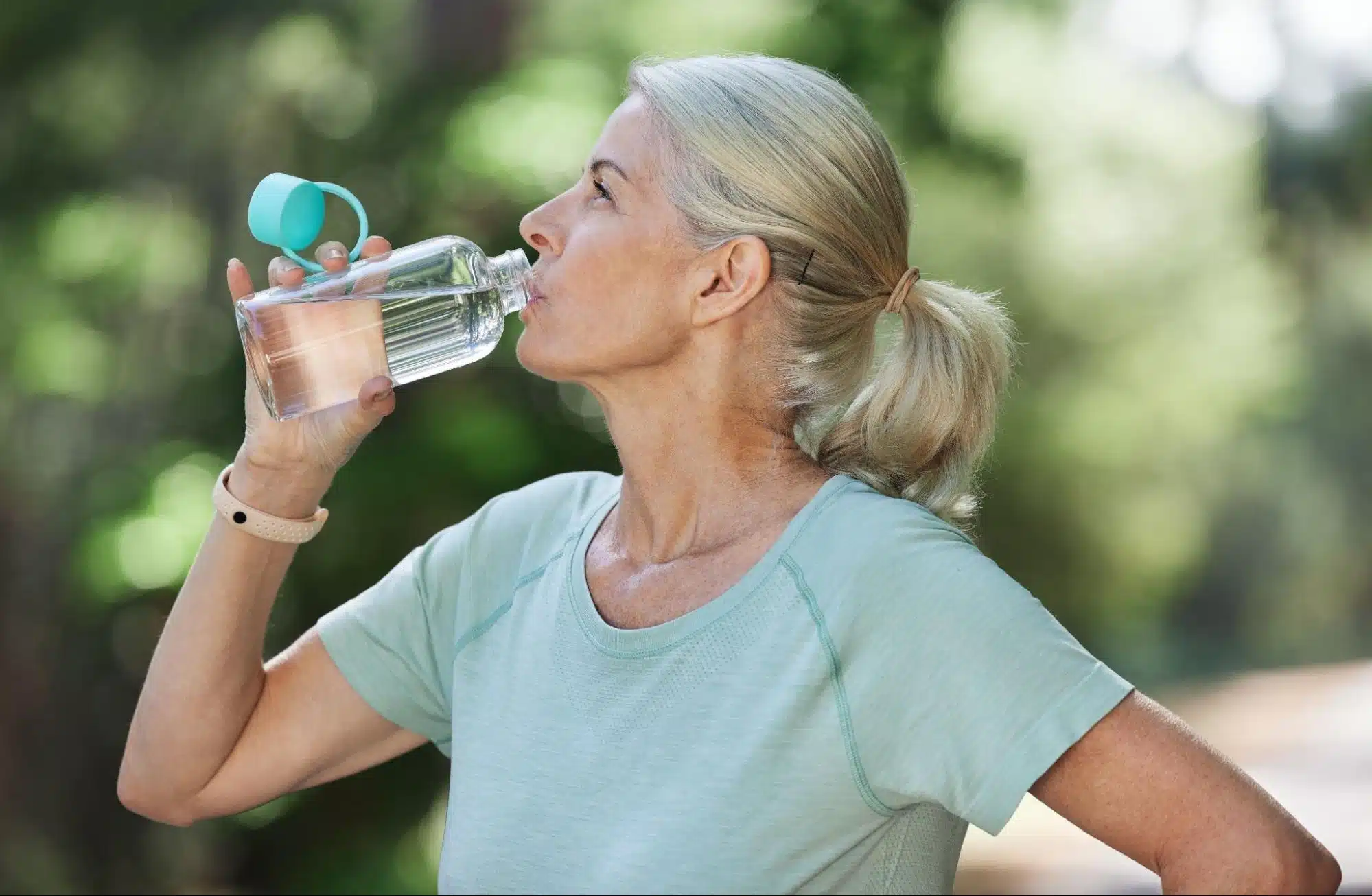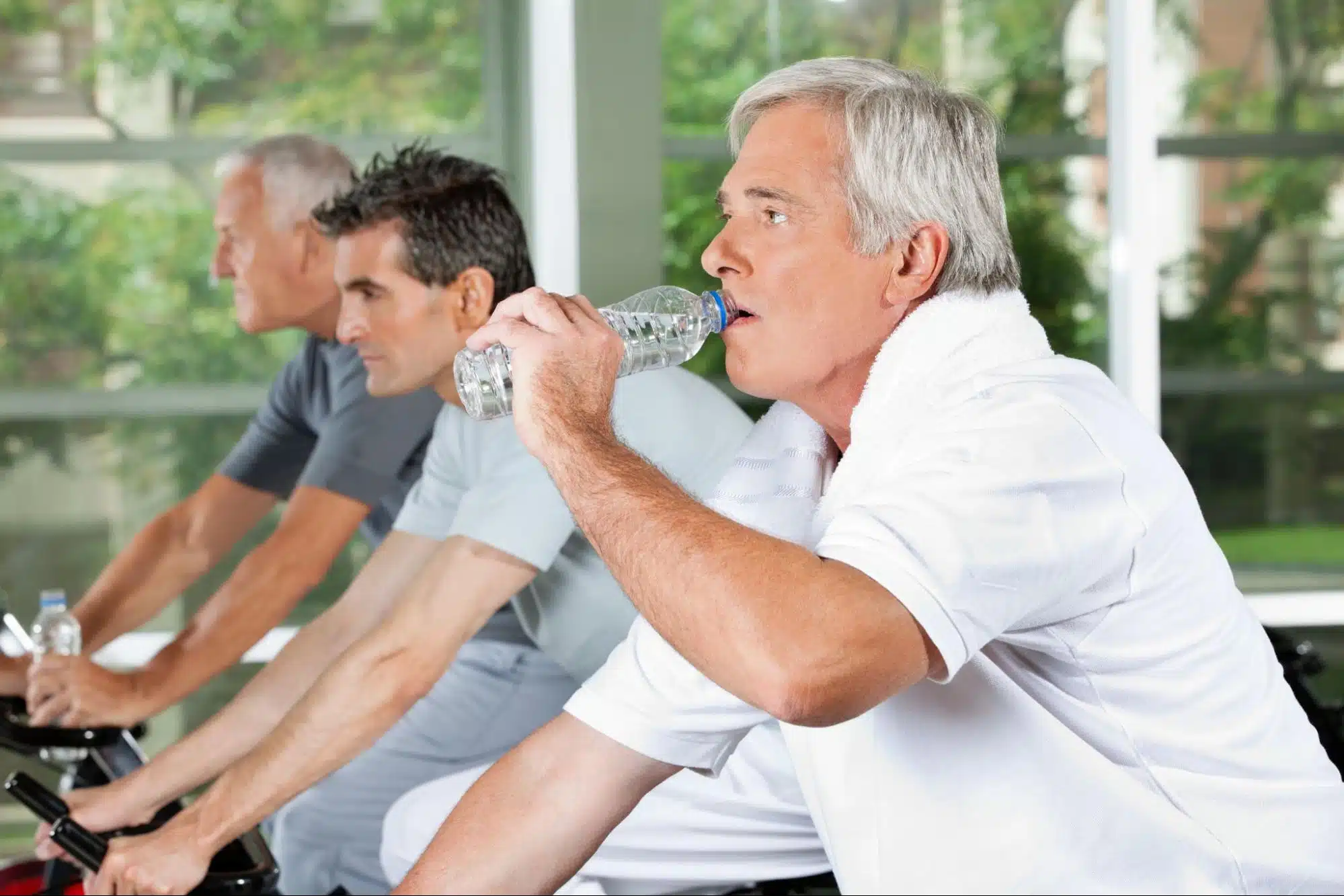Dehydration is a serious health concern, especially for seniors, who are at greater risk due to factors like a decreased sense of thirst, medication side effects, and chronic health conditions. Staying hydrated is essential for maintaining overall health and well-being, yet it can be challenging to ensure consistent fluid intake. In this blog post, we’ll explore the importance of hydration for seniors, provide practical tips to stay hydrated, discuss the signs of dehydration, and offer additional resources for maintaining optimal hydration levels.
Importance of Hydration for Seniors
As we age, our bodies undergo several changes that can affect our hydration levels. Seniors often experience a diminished sense of thirst, which means they may not feel the need to drink water even when their bodies require it. Additionally, certain medications commonly prescribed to older adults can lead to increased fluid loss or make it difficult for the body to retain adequate fluids. Chronic health conditions, such as diabetes and kidney disease, can also contribute to dehydration.
Proper hydration is critical for numerous bodily functions, including digestion, circulation, and temperature regulation. For seniors, maintaining hydration is particularly important because dehydration can exacerbate existing health conditions and lead to complications such as urinary tract infections, kidney stones, and even hospitalization. By prioritizing hydration, seniors can support their overall health, maintain energy levels, and reduce the risk of severe medical issues.
Practical Hydration Tips
To help seniors maintain adequate hydration, here are ten practical tips that can be easily incorporated into daily routines:
- Start your day with a glass of water
Begin each morning by drinking a full glass of water as soon as you wake up. This simple habit kickstarts your hydration for the day and replenishes the fluids you may have lost during sleep. - Create a hydration schedule.
Establishing and sticking to a hydration schedule can be an effective way to ensure you’re getting enough fluids throughout the day. Set specific times to drink water, such as first thing in the morning, mid-morning, lunch, mid-afternoon, dinner, and before bed. This routine reinforces the habit of drinking water regularly, especially if you’re prone to forgetting. - Incorporate hydration into your meals.
Drink a glass of water before and during each meal. This helps with digestion and ensures consistent hydration throughout the day. To increase your fluid intake, you can also include a hydrating soup or broth as part of your meal. - Keep a pitcher of water within reach.
Having a pitcher of water nearby, whether you’re at home or work, makes it easier to pour yourself a glass regularly. Consider adding a few slices of fruit or herbs to the pitcher to keep the water tasting fresh and inviting. - Use a hydration app to track your intake.
Technology can be a great ally in maintaining hydration. Several apps are available that can remind you to drink water and help you track your daily intake, ensuring you meet your hydration goals. These apps can send reminders to your phone, making it easy to stay on track. - Drink water with snacks.
Pair your snacks with a glass of water. Whether you’re enjoying a piece of fruit, some nuts, or a granola bar, having water alongside your snack can help reinforce the habit of regular hydration. This also helps in controlling hunger, as sometimes thirst is mistaken for hunger. - Choose hydrating foods.
Incorporate water-rich foods into your diet, such as cucumbers, watermelon, oranges, and strawberries. These foods can contribute to your daily fluid intake and make it easier to stay hydrated. - Carry a reusable water bottle.
Having a reusable water bottle on hand makes it convenient to sip water throughout the day, whether you’re running errands, taking a walk, or spending time with family. Choose a bottle that’s easy to carry and fits your lifestyle. - Set reminders to drink water.
If you’re prone to forgetting to drink water, set regular reminders on your phone or use a sticky note on the fridge. These little prompts can help you stay on top of your hydration goals. - Opt for non-caffeinated beverages.
While water is the best choice for hydration, herbal teas and non-caffeinated beverages can also help you meet your fluid needs. Avoid drinks with high caffeine content, as they can have a diuretic effect, leading to increased fluid loss.
Signs of Dehydration
Recognizing the early signs of dehydration is crucial for preventing it from escalating into more severe health issues. Common symptoms of mild dehydration include dry mouth, feeling thirsty, reduced urination, dark yellow urine, and fatigue. In more severe cases, dehydration can lead to dizziness, confusion, and a rapid heart rate. Seniors should be particularly vigilant, as these symptoms can easily be mistaken for other health issues. By recognizing these signs early, you can take immediate action to rehydrate and prevent complications.
In addition to these symptoms, seniors should be aware of any sudden changes in mood, cognitive function, or physical strength, as these can also be indicators of dehydration. Regularly monitoring your fluid intake and being mindful of how you feel can help you catch dehydration before it becomes a serious problem.
Additional Resources
Staying informed and proactive about hydration is key to maintaining your health and well-being. Here are some Canadian resources that can help you stay on top of your hydration needs:
- Canada’s Food Guide: Canada’s Food Guide includes recommendations on water intake and offers practical tips on how to stay hydrated. It also provides information on water-rich foods that can help contribute to your daily fluid needs. Visit the Canada’s Food Guide website to learn more.
- Healthcare Provider Consultations: Regular check-ups with your healthcare provider can help you stay informed about your hydration needs, especially if you have any underlying health conditions that may affect your fluid balance. Your doctor can offer tailored advice and monitor your hydration status as part of your overall health plan.
- Local Community Programs: Many Canadian communities offer programs for seniors that include education on nutrition and hydration. Participating in these programs can provide additional support and resources to help you maintain proper hydration. Check with your local community centre or public health unit for more information on programs available in your area.
Final Thoughts
Hydration is a vital aspect of health, particularly for seniors. By following the practical tips outlined in this blog, recognizing the signs of dehydration, and taking advantage of available resources, you can help ensure that you or your loved ones stay hydrated and healthy. Remember, it’s never too late to start prioritizing hydration.
At Lifeline Canada, we’re committed to supporting seniors in maintaining their health and independence. If you or someone you care about could benefit from additional support to age in place, our devices are here to help. Contact us today to learn more.
Disclaimer: Don’t disregard professional medical advice, or delay seeking it, because of what you read here. This information is not intended as a substitute for professional consultation, diagnosis, or treatment; it is provided “as is” without any representations or warranties, express or implied. Always consult a healthcare provider if you have specific questions about any medical matter, and seek professional attention immediately if you think you or someone in your care may be experiencing a healthcare condition or medical emergency.
What You Should Do Now:
Here are 5 ways we can help you or your loved one live safer and more independently at home as long as possible:
- Get our latest tips, tools and resources straight to your inbox. Sign up for our monthly newsletter.
- Not sure if the time is right for a medical alert service? Take this quick assessment to find out.
- If you would like to learn how to live a healthier and safer lifestyle, go to our blog or visit our resources section, where you can read and download guides.
- Wondering which medical alert system company is the best for your needs? We’ve put together a guide comparing the best medical alert systems for you.



